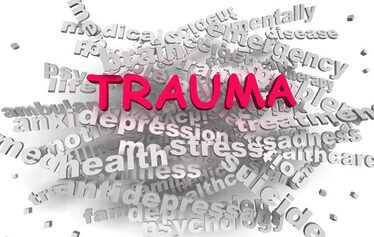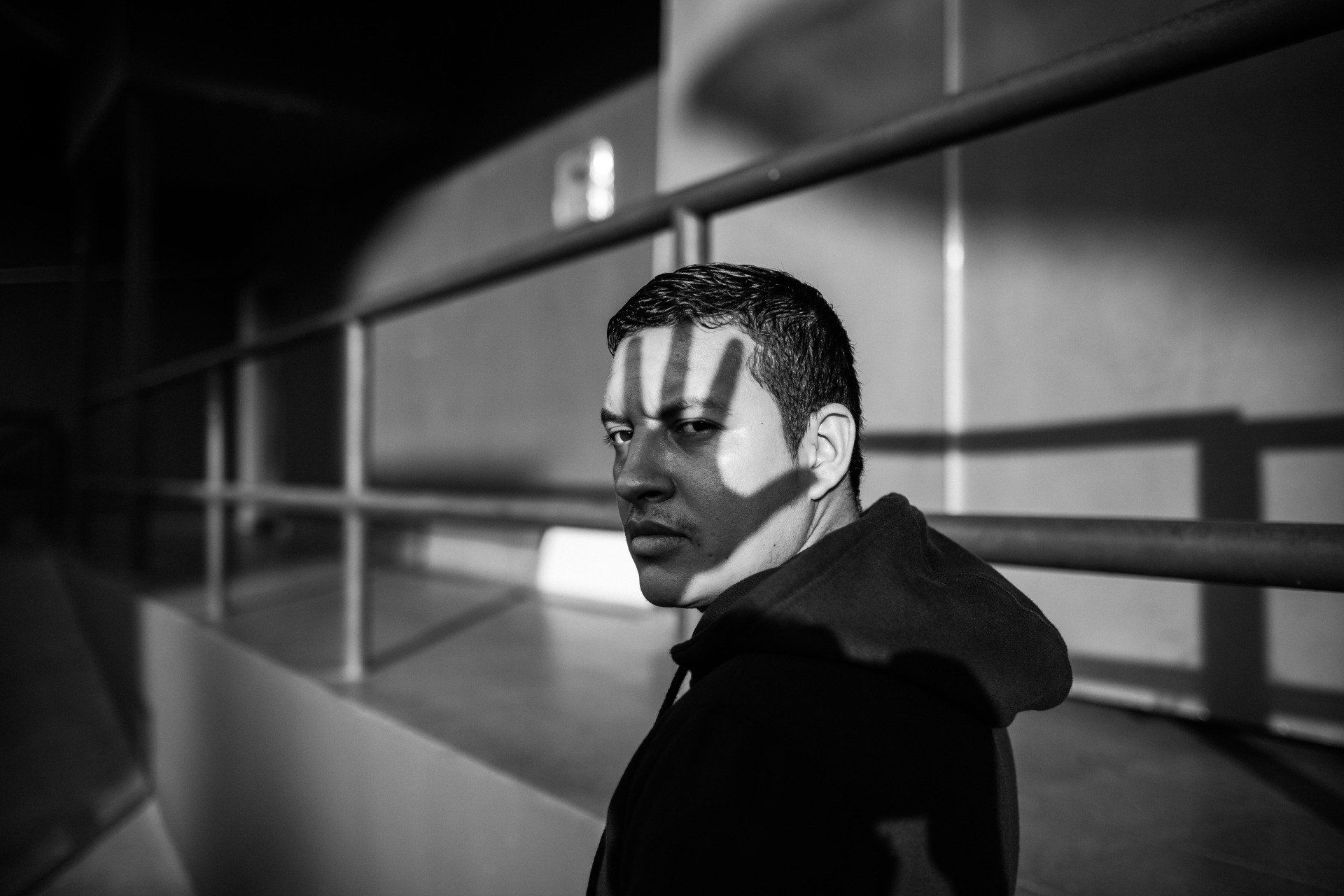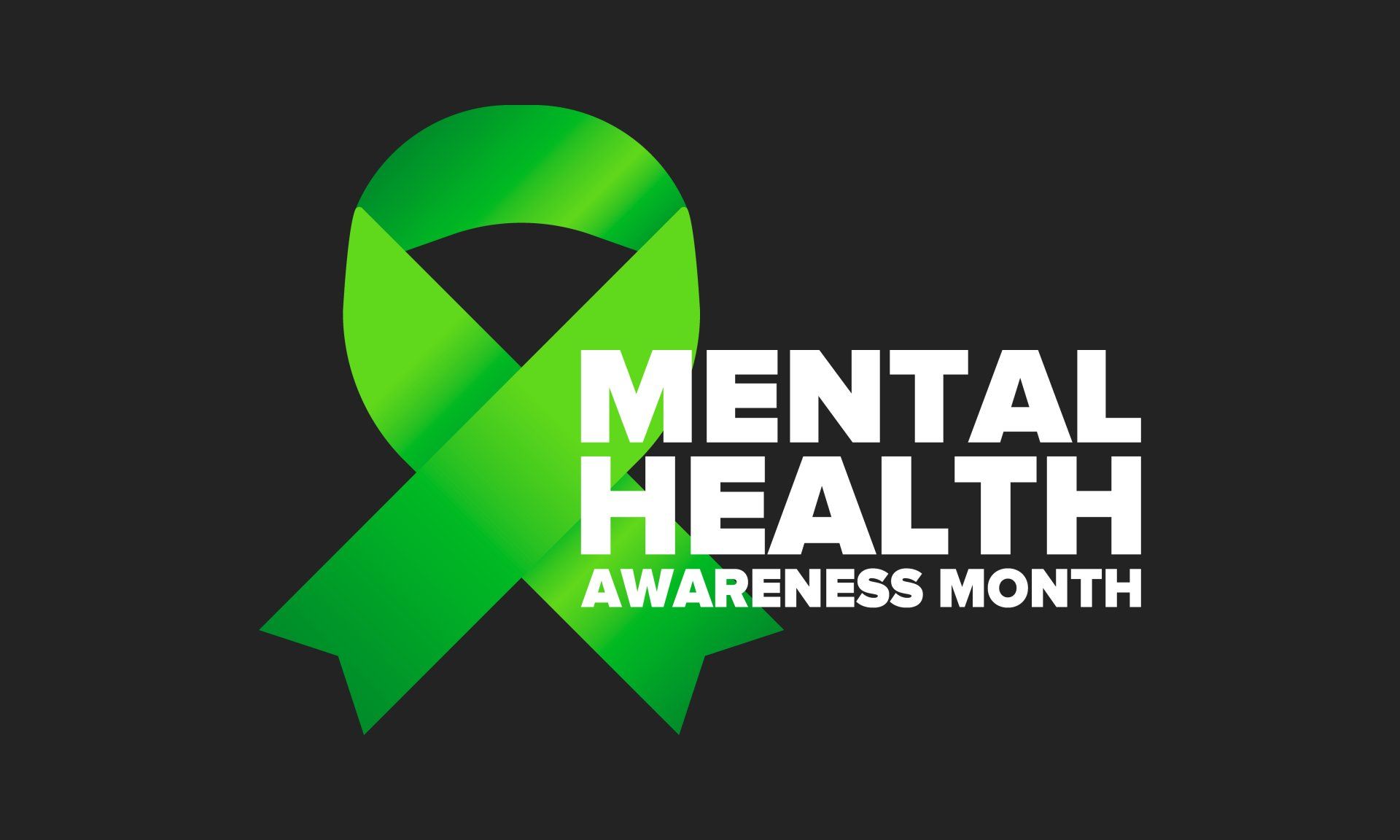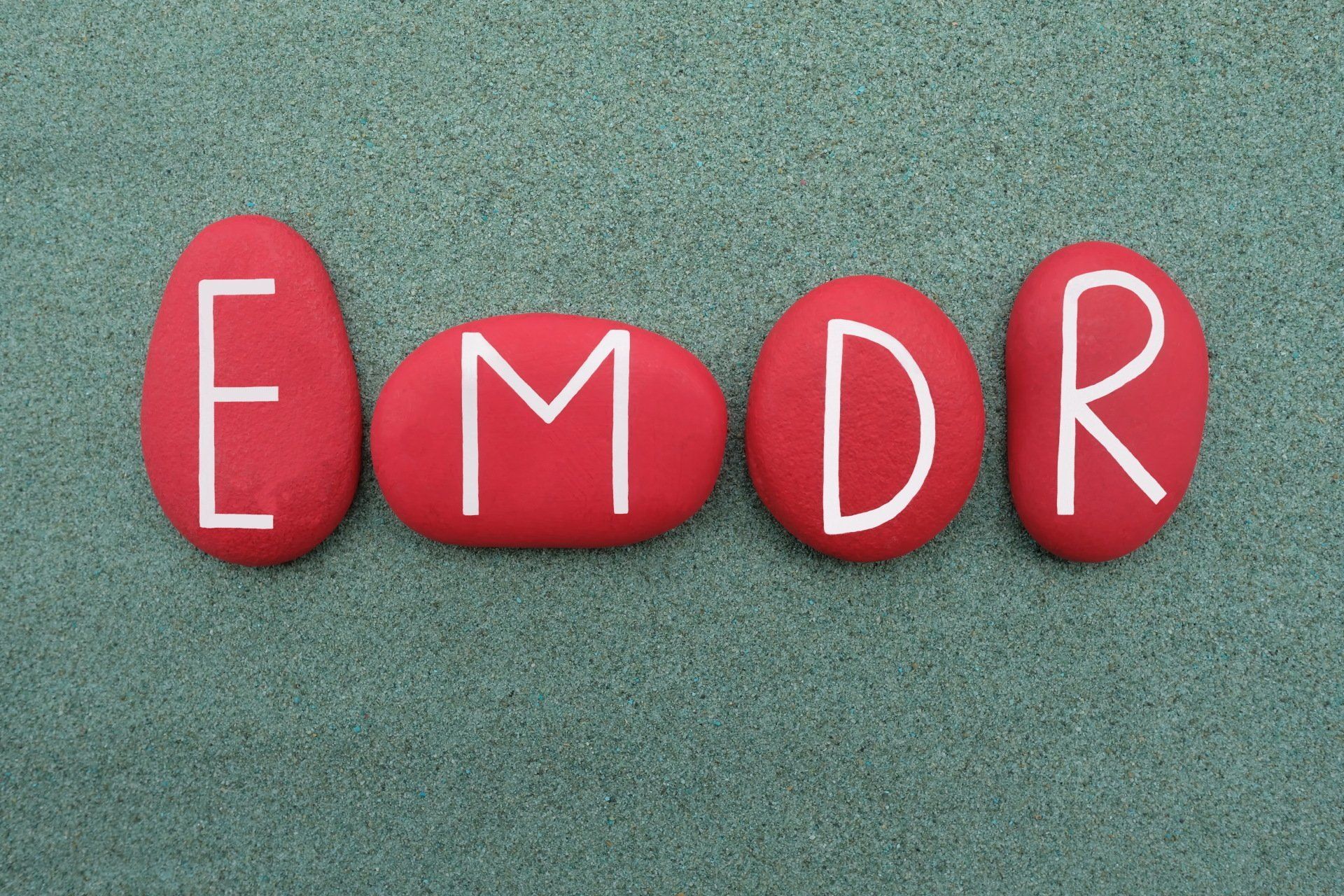The Benefits of Talking to a Counselor After a Traumatic Event
Austin CTS ~ April 1, 2022
The Benefits of Talking to a Counselor After a Traumatic Event

Traumatic events can have a significant impact on our lives, and it's important to remember that we're not alone in this process. There are many ways in which counselors can help you work through these difficult feelings-whether it be through a talk therapy session or specific trauma interventions. Here are a few key points to keep in mind when seeking out help:
1) Counseling can provide a safe space for you to express your feelings and thoughts about the traumatic event. This can be extremely beneficial, as it can help you to better understand what you're going through.
2) Talking about the event with a counselor can also allow you to work through any associated emotions, such as anger, sadness, or fear.
3) Counseling can be an effective way to cope with a traumatic event, and it can also help you to maintain your mental health in the long run.
If you're struggling after a traumatic event, don't hesitate to reach out for help. A highly trained counselor can provide you with the support you need to get through this difficult time.
What is a Traumatic Event?
A traumatic event is any experience that causes intense fear, helplessness, or horror. This can include events such as rape, war, natural disasters, and car accidents. Any event that leaves you feeling traumatized can be considered a traumatic event.
What Are the Effects of a Traumatic Event?
A traumatic event can have a significant impact on your life, both in the short and long run. Some common effects of a traumatic event include:
A traumatic event can have a significant impact on your life, both in the short and long run. Some common effects of a traumatic event include:
- Feeling scared or anxious all the time
- Flashbacks or memories of the event
- Difficulty sleeping or nightmares
- Feeling depressed or numb
- Struggling to concentrate or focus
- Withdrawing from friends and activities
Counseling is defined as the process of working with a counselors to explore your feelings, thoughts, and behaviors in order to improve your mental health. It can help you learn how to cope with stressful situations, make positive changes in your life, and set personal goals.
There are many different types of counseling, but all typically involve meeting with a therapist on a regular basis to discuss your concerns and progress. Therapy can be conducted individually, with family members or friends, or in group settings.
Many people seek counseling when they are experiencing difficult life events or carrying emotional baggage from the past. But anyone can benefit from counseling – In fact, counseling can be an incredibly helpful tool for anyone looking to improve their mental health and wellbeing.
What are the Benefits of Talking to a Counselor About a Traumatic Event?
There are many benefits of talking to a counselor about a traumatic event. Some key benefits include:
There are many benefits of talking to a counselor about a traumatic event. Some key benefits include:
- Understanding what you're going through
- Working through any associated emotions
- Getting support from a professional to foster healing and relief
- Maintaining your mental health in the long run
How Do Counselors Help People With Traumatic Events?
Why You Should Seek Counseling if You Are Struggling After a Trauma?
It can be difficult to cope with a traumatic event on your own. If you're struggling after a traumatic event, seeking counseling can be incredibly beneficial. Counselors are trained professionals who can provide you with the support and guidance you need to get through this difficult time. The support of a professional can challenge faulty logic and false narratives that run through your mind to help you heal and live with less anxiety from trauma responses.
When you've experienced a traumatic event, it can be difficult to cope with the emotions and thoughts that come along with it. This is where counseling can be incredibly helpful-by providing you with a safe and supportive space to talk about what you're going through. Counseling can also help you to better understand your feelings, which can be extremely beneficial in the healing process. If you're looking for help in dealing with a traumatic event, be sure to talk to a counselor. They can provide you with the support and guidance you need to heal and move on.
Trauma and Mental Health
Trauma can have a significant impact on our mental health, leading to symptoms such as flashbacks, nightmares, and intrusive thoughts. It's important to remember that you're not alone in this process-many people experience trauma and its associated effects.
There are many ways in which counselors can help you work through these difficult feelings. Here are a few key points to keep in mind when seeking out help:
1)
Trauma counseling
can provide a safe space for you to express your feelings and thoughts about the traumatic event. This can be extremely beneficial, as it can help you to better understand what you're going through.
2) Counseling can also help you to learn how to cope with the symptoms of trauma. This can be extremely important in helping you to move on and live a healthy, productive life.
3) If you're finding it difficult to cope with the traumatic event on your own, be sure to seek out help from a counselor. They can provide you with the support and guidance you need to heal and move on.
There are many signs that someone may need professional help due to a trauma or mental health condition. Some of the most common signs include:
1) Experiencing flashbacks, nightmares, or intrusive thoughts related to the traumatic event.
2) Having difficulty coping with daily life tasks and activities.
3) Feeling isolated and alone, or feeling like no one understands what you're going through.
4) Having thoughts of suicide or self-harm.
5) Experiencing extreme mood swings, such as depression, anxiety, or anger.
If you are experiencing any of these signs, it is important to seek professional help. A counselor can provide you with the support and guidance you need to heal and move forward.
How Can I Find the Right Counselor for Trauma?
When looking for a counselor, it's important to find someone who you feel comfortable talking to. You may want to ask your friends or family for referrals, or do some online research to find counselors in your area. It's also important to make sure that the counselor is licensed and trained to work with those who have experienced trauma.
When looking for a counselor, it's important to find someone who you feel comfortable talking to. You may want to ask your friends or family for referrals, or do some online research to find counselors in your area. It's also important to make sure that the counselor is licensed and trained to work with those who have experienced trauma.
Once you've found a few potential counselors, the next step is to schedule a consultation. This is a meeting where you can chat with the counselor about your needs and see if they're the right fit for you.
Once you have chosen someone, go to your first session and always remember, you don't have to stay with them if you are not getting what you need or feel it is not a good fit.
If you decide to start counseling, here are some of the benefits you can expect:
1) Having a space to talk opening and express what you are feeling and experiencing.
2) Counseling can help you to develop coping skills for dealing with difficult emotions.
3) Counseling can help you to connect with other people who have gone through a similar experience. This can be very helpful, as it can provide you with support and encouragement.
4) Counseling can help you to regain control over your life and develop a new sense of purpose.
What to Expect in Your First Counseling Session?
A counseling session can be a great opportunity to start working through your feelings about the traumatic event. However, it's important to keep in mind that every person's experience is different.
A counseling session can be a great opportunity to start working through your feelings about the traumatic event. However, it's important to keep in mind that every person's experience is different.
Here are a few things you can expect in your first session:
1) The counselor will likely ask you some questions about the traumatic event. This is to get a better understanding of your experience and what you're currently struggling with.
2) The counselor will likely ask about your current emotional state. This includes both positive and negative emotions, as well as how often you're experiencing them.
3) The counselor will likely ask about your support system. This includes friends, family, and any other support networks you may have.
4) The counselor will likely ask about your coping skills. This includes both healthy and unhealthy coping mechanisms.
5) The counselor may ask about your past and other traumatic events you have experienced.
The first counseling session can be a lot of information to process, but it's a great start in working through your feelings about the traumatic event. Remember to take things at your own pace, and to ask the counselor any questions you have.
Tips for Sticking With Counseling After a Traumatic Event:
It can be difficult to stick with counseling after a traumatic event, but it's important to remember the benefits that can come from it.
Here are a few tips for sticking with counseling:
1) Talk to your counselor about any difficulties you're experiencing. This includes difficulties with attending sessions, difficulty opening up, or feeling like you're not making progress.
2) Ask your friends and family for support. This can include going to counseling sessions with you, providing a listening ear, or just being there for you when you need them.
3) Be patient with yourself. It's normal to feel like you're not making progress right away, especially after a traumatic event. Counseling is a process, and it takes time to heal.
4) Seek out other forms of support. This includes self-care activities, support groups, or therapy for specific issues (such as PTSD).
Sticking with counseling after a traumatic event can be difficult, but it's worth it for the benefits that come from it. Remember to be patient with yourself, and to ask for help when you need it.
Conclusion
The benefits of talking to a counselor about a traumatic event are numerous. Not only can it provide you with safe space and help in understanding what you're going through, but counseling can also help you develop coping skills, connect with others who have gone through similar experiences, regain control over your life, and even find new purpose. We hope this article has been helpful in highlighting some of the benefits of counseling. If you're experiencing difficulty coping with a traumatic event, don't hesitate to seek out help from a counselor. Feel free to reach out to our trauma counselors at Austin Counseling and Trauma Specialists with any questions you might have.










